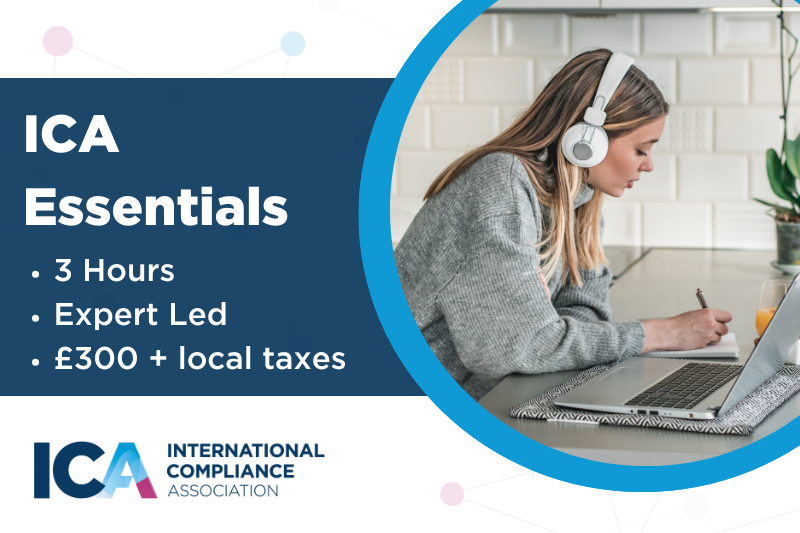ICA Essentials - AI for Compliance Professionals
Discover the fundamentals of artificial intelligence (AI) in RegTech, the ethical dilemmas and what the future may hold.
Discover the fundamentals of artificial intelligence (AI) in RegTech, the ethical dilemmas and what the future may hold.
ICA CPD Hours: 3
Upcoming course dates:
You may also be interested in:
Applicable local taxes, membership fees and discounts will be added to your basket on checkout.
When you enrol onto this course you will join an international
community of over 30,000 members. Benefits include:
